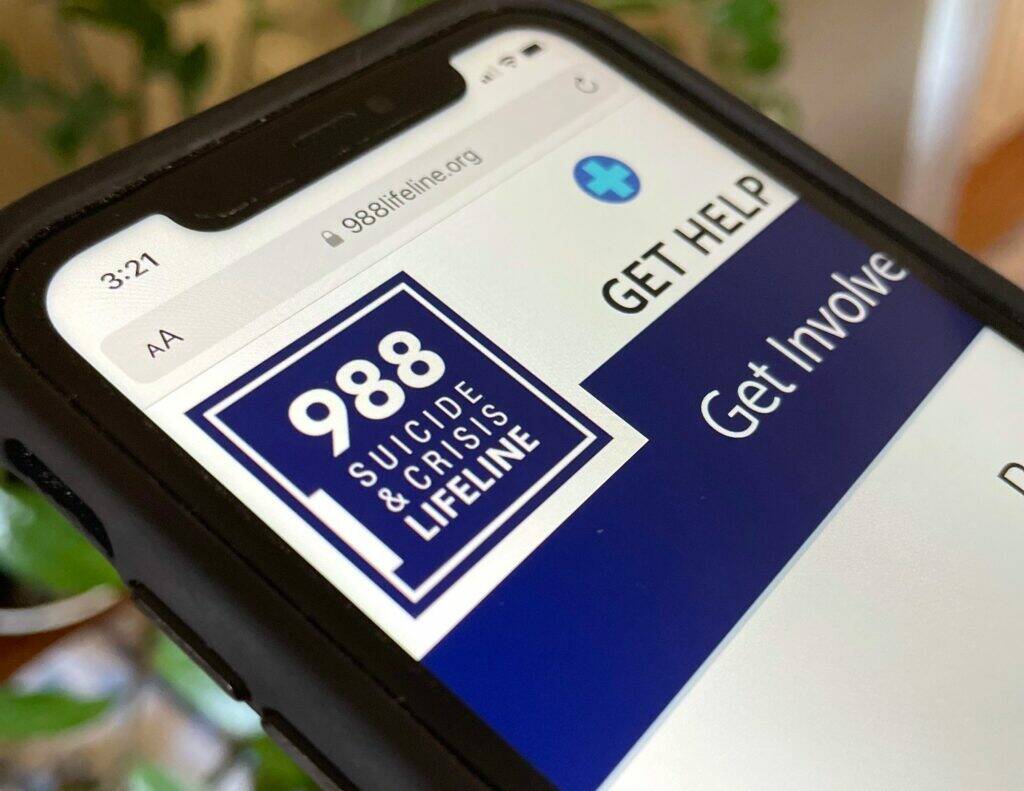Specialty services for LGBTQ+ youth were removed from the national 988 suicide and crisis hotline on Thursday, July 17, following a federal decision announced last month.
The hotline will continue to offer confidential, round-the-clock support in Washington through the state’s three contracted crisis centers, but the “press 3 option” to connect to a subnetwork of counselors specializing in the support of LGBTQ+ youth ages 13 to 24 will no longer be available.
Other subnetworks — one for veterans and military families, one for Spanish-speaking individuals, and one for Native and Indigenous people in Washington — will remain active.
In the month since the federal Substance Abuse and Mental Health Services Administration announced that LGBTQ+ youth services on the phone line would shut down, Washington’s Department of Health has been training its general 988 crisis counselors to provide that support.
Several private and nonprofit crisis lines specializing in serving members of the LGBTQ+ community, such as The Trevor Project, the Crisis Text Line, the LGBT National Hotline and the Trans Lifeline, will remain active.
The Substance Abuse and Mental Health Services Administration said in a news release this week that the LGBTQ+ youth subnetwork of the 988 crisis line has cost the federal government a total of $33 million, and that cutting the subnetwork allows the crisis line “to focus on serving all help seekers, including those previously served through the Press 3 option.”
The LGBTQ+ subnetwork has been part of the 988 suicide and crisis line since the program launched in 2022.
It has been a critical resource for LGBTQ+ youth to receive help tailored to their specific needs, said Michele Roberts, assistant secretary for prevention and community health with the Department of Health.
The Washington State Department of Health reported Wednesday that the LGBTQ+ subnetwork in Washington has received an average of 830 calls, 270 texts and 224 web chats each month.
The subnetwork is necessary to address the higher risk of suicide and other mental health concerns prevalent among LGBTQ+ youth due to historic and ongoing structural violence and discrimination, the Department of Health said.
Its loss is expected to increase demand on the main 988 crisis line.
“While this closure is a setback, our commitment to protecting and improving the health of all Washingtonians remains strong,” Roberts said.
Washington State Standard is part of States Newsroom, a nonprofit news network supported by grants and a coalition of donors as a 501c(3) public charity. Washington State Standard maintains editorial independence. Contact Editor Bill Lucia for questions: info@washingtonstatestandard.com. Follow Washington State Standard on Facebook and Twitter.





